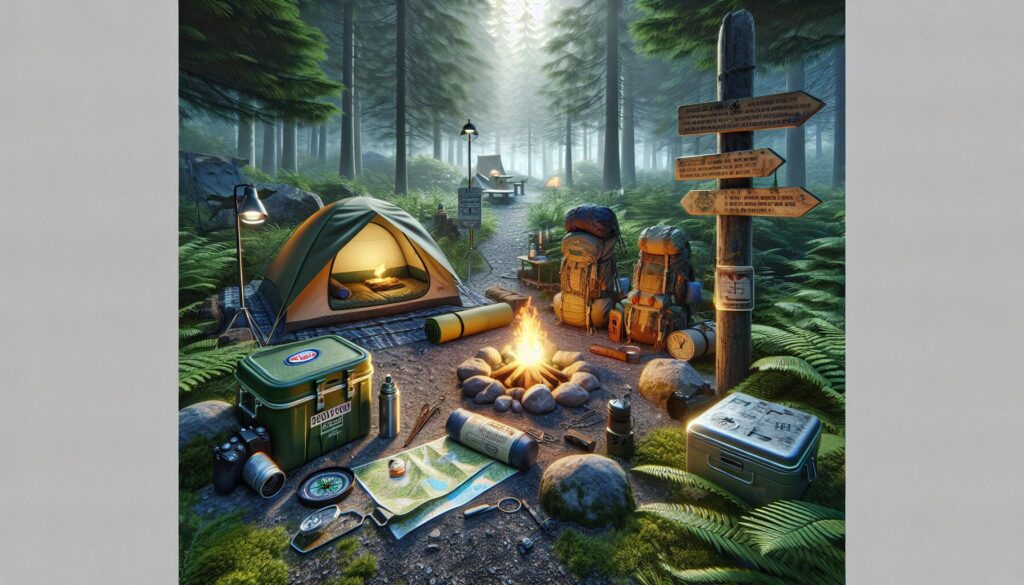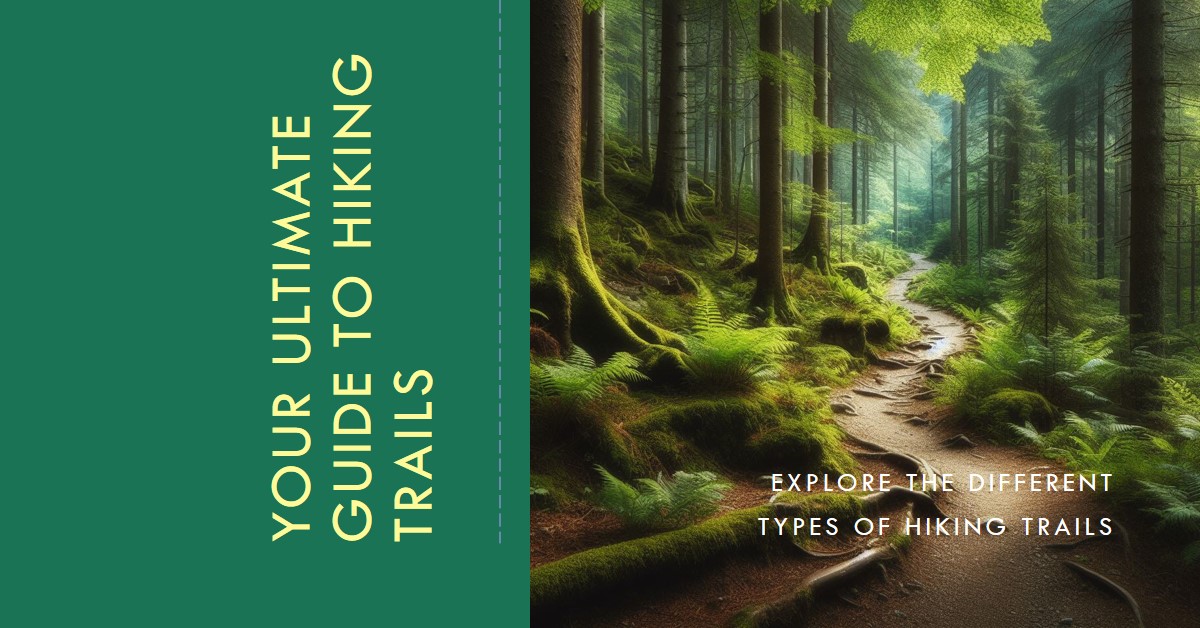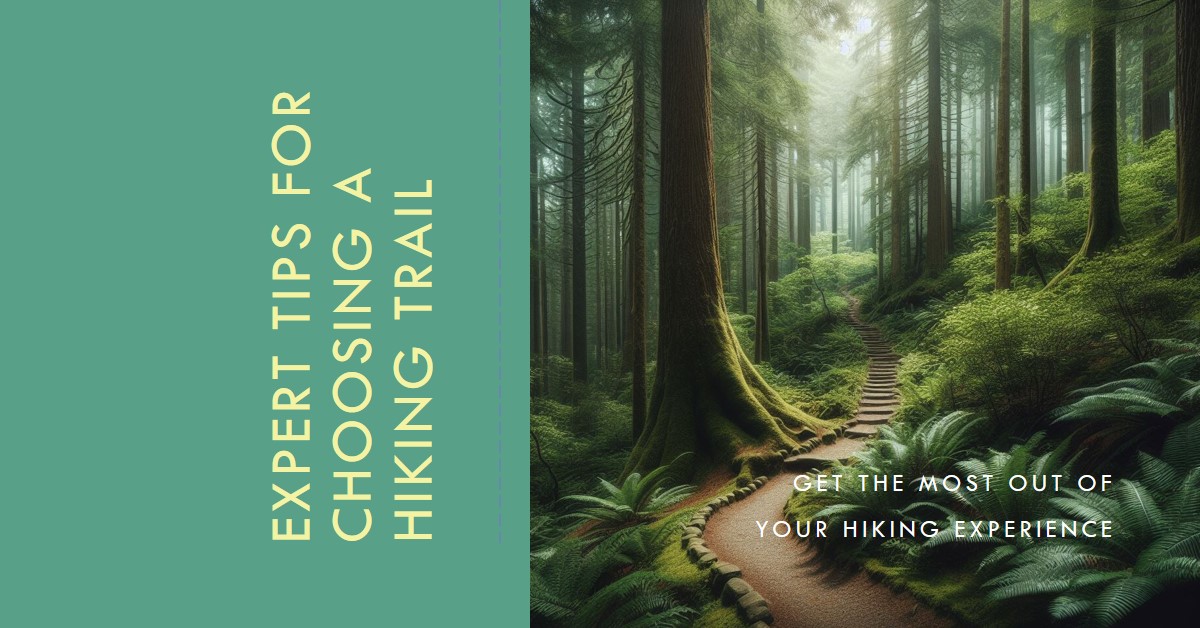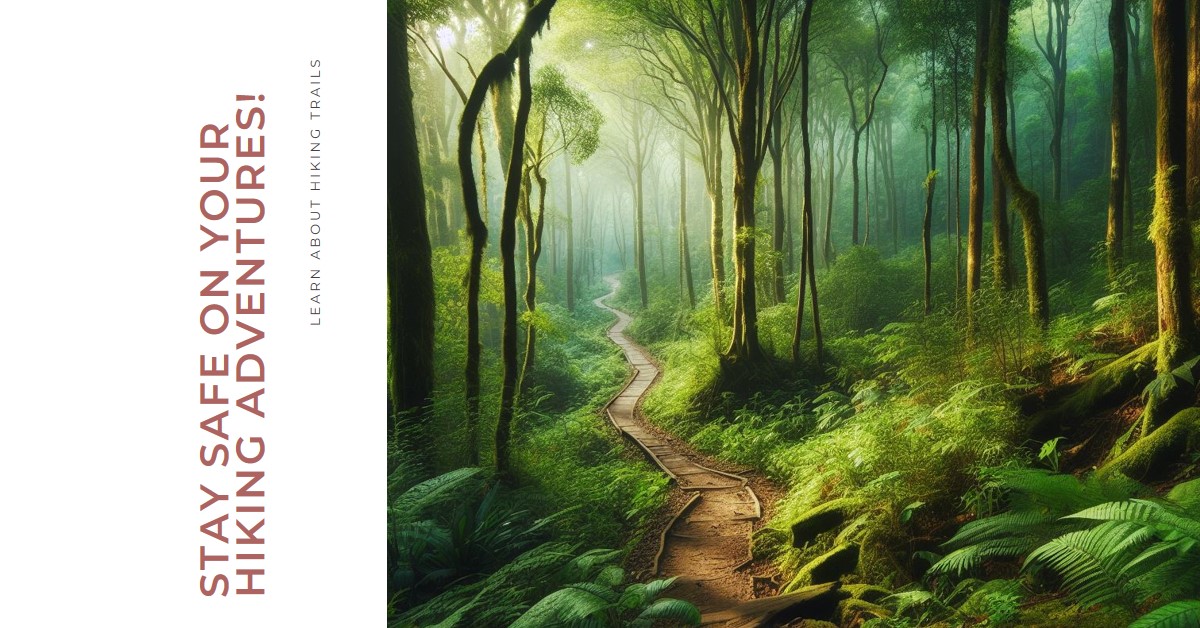Yes, camping sites generally provide a safe environment for outdoor enthusiasts. Camping sites offer a safe setting for individuals who enjoy being surrounded by nature and exploring the great outdoors.
These locations are usually equipped with safety measures such as designated camping areas, fire pits, and access to emergency services. Additionally, camping sites often have park rangers or staff on-site to ensure the well-being of visitors, enforce rules and regulations, and provide assistance if needed.
While it’s still important for campers to take necessary precautions and be mindful of their surroundings, camping sites generally offer a secure and enjoyable experience for those seeking an outdoor adventure.
Table of Contents
Understanding The Importance Of Safety At Camping Sites
Safety at camping sites is of utmost importance for a secure and enjoyable outdoor adventure. Proper preparation plays a vital role in ensuring a safe experience in nature. It is crucial to consider various reasons why safety should be a priority at camping sites.
From potential hazards in the surroundings to weather conditions and wildlife encounters, being prepared can prevent accidents and mishaps. Additionally, having knowledge of first aid and emergency procedures can be life-saving in critical situations. Moreover, following safety guidelines provided by camping authorities and using the right equipment can significantly reduce the risk of injuries and accidents.
By prioritizing safety, campers can fully enjoy their experience without any worries. So, before embarking on a camping trip, take the time to prepare adequately and understand the importance of ensuring a secure outdoor adventure.
Assessing The Safety Of Camping Sites
Camping site safety is a crucial aspect to consider when planning your outdoor adventure. The first step is to thoroughly research and select safe locations to set up camp. Assess factors such as the location’s proximity to emergency services, the reputation of the site, and any reports of previous incidents.
Additionally, evaluate the terrain for potential risks, such as steep cliffs, unstable ground, or dangerous wildlife. It’s also important to check for necessary amenities, like clean drinking water and well-maintained restroom facilities. Keep in mind that weather conditions can greatly impact safety, so always check the forecast before heading out.
By carefully evaluating these factors, you can ensure a safe and enjoyable camping experience for you and your fellow adventurers.
Essential Safety Measures For A Secure Camping Experience
Setting up a safe and secure campsite is crucial to ensure a risk-free camping experience. When heading to camping sites, it is important to pack the right gear for safety purposes. This includes essentials such as a sturdy tent, a reliable sleeping bag, and proper outdoor clothing.
Additionally, carrying a first aid kit, insect repellent, and a flashlight can be lifesaving in emergency situations. Moreover, always check the weather forecast before heading out and ensure you have the appropriate gear to tackle any changes in weather conditions.
Setting up your campsite in an open area away from dead trees, and properly disposing of food waste can also minimize risks. By following these essential safety measures, you can enjoy a secure and enjoyable camping adventure.
Ensuring Personal Safety At Camping Sites
Personal safety at camping sites is of utmost importance, particularly when it comes to encounters with wildlife and dangerous situations. It is essential to be vigilant and follow a few key tips to ensure your security while camping. Firstly, always keep a safe distance from wildlife and never approach or feed them.
Secondly, make sure to store food properly to prevent attracting animals to your campsite. Additionally, carry a first aid kit and familiarize yourself with basic emergency procedures. Moreover, it is recommended to inform someone about your camping plans and schedule regular check-ins with them.
Lastly, be mindful of your surroundings and trust your instincts; if something feels off, it’s better to err on the side of caution. By following these tips, you can enjoy a safe and secure camping experience.
Understanding And Preventing Common Camping Accidents
Camping sites can be safe if you understand and prevent common camping accidents. Identifying and avoiding these accidents is crucial. First aid knowledge is essential, as accidents can happen. Emergency preparedness ensures you’re equipped for any situation. Be aware of potential hazards like wildlife encounters, fire hazards, and falls.
Follow safety guidelines, such as using proper camping equipment and setting up camp in designated areas. Be cautious when cooking and handling fire, and ensure proper extinguishment. Stay aware of your surroundings and be prepared for sudden weather changes. By being proactive and knowledgeable, you can have a safe and enjoyable camping experience.
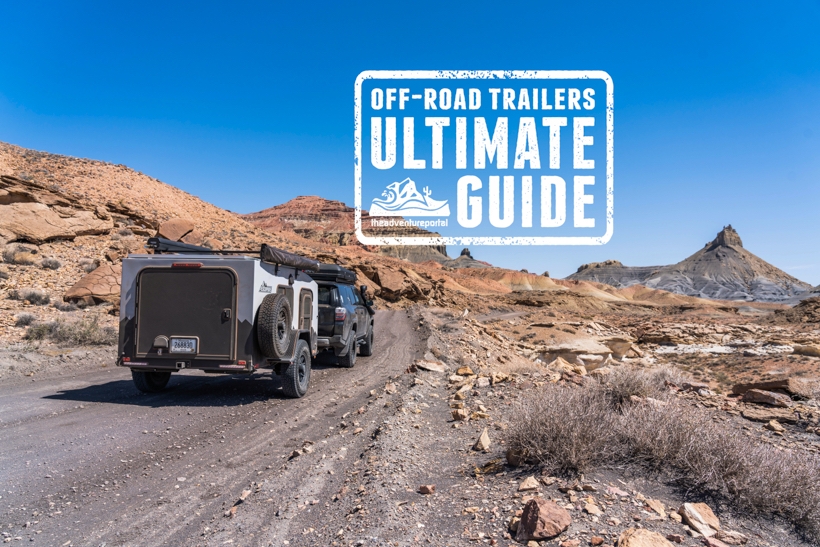
Credit: theadventureportal.com
Campfire Safety: Minimizing Risks And Preventing Wildfires
Camping sites can be safe if proper campfire safety measures are followed. Minimizing risks and preventing wildfires is essential. When setting up a campfire, it is important to practice safe techniques. Maintain a safe distance from flammable materials and clear the area around the fire pit.
Always keep a shovel and bucket of water nearby to extinguish the fire completely. Avoid leaving the fire unattended and make sure it is completely extinguished before leaving the campsite. To prevent wildfires and preserve the environment, follow safe practices such as using designated fire rings or pits, using only dead and fallen wood, and never leaving burning materials or litter behind.
By following these precautions, campers can enjoy their experience while keeping themselves and the environment safe.
Ensuring Hygiene And Sanitation At Camping Sites
Ensuring hygiene and sanitation at camping sites is crucial for preventing illnesses and maintaining a safe environment. Responsible waste management is essential to keep the area clean and free from potential health hazards. Keeping clean washrooms with proper facilities and regular cleaning routines is essential.
Regularly sanitizing common areas such as picnic tables, cooking areas, and shared equipment is vital to prevent the spread of germs. Providing access to clean water for drinking and cooking purposes is necessary for maintaining good health. Educating campers about the importance of personal hygiene, such as washing hands frequently and disposing of waste properly, is also essential.
By following these practices, camping sites can ensure a safe and enjoyable experience for all visitors.
Staying Safe In Extreme Weather Conditions
Staying safe during camping trips is crucial, especially when facing extreme weather conditions. Thunderstorms, heatwaves, and cold spells all pose potential risks that must be mitigated. To ensure safety, it’s important to take specific precautions. Before camping, check weather forecasts and pack accordingly.
In case of thunderstorms, seek shelter in a sturdy structure or a vehicle, avoiding tall trees. During heatwaves, stay hydrated, seek shade, and wear appropriate clothing. For cold spells, pack warm clothes, use adequate insulation in sleeping bags, and insulate the tent.
Always monitor weather changes and be prepared to adjust plans accordingly. By following these safety guidelines, campers can minimize risks and enjoy their outdoor adventure with peace of mind.
Connecting With Fellow Campers And Emergency Services
Camping sites can be safe by establishing reliable communication channels with fellow campers and emergency services. Interacting with other campers aids in creating awareness about safety measures. Building a network within the camping community promotes a sense of security and support.
In the event of an emergency, these connections can prove invaluable. Sharing important information and tips can reduce risks and enhance campsite safety. Additionally, having access to emergency services is crucial to getting immediate help when needed. By staying connected and having open lines of communication, campers can ensure a safer and more enjoyable camping experience.
Frequently Asked Questions On Are Camping Sites Safe
What Are The Possible Dangers In The Camping Site?
The camping site may have dangers like wildlife encounters, injuries from severe weather or falls.
How Do I Know If My Campsite Is Safe?
To ensure your campsite is safe, here are four important guidelines to follow: 1. Check for potential hazards like uneven terrain or overhead branches. 2. Look for secure fire pits and proper extinguishing tools. 3. Ensure the availability of clean drinking water and proper waste disposal facilities.
4. Make sure you have emergency supplies, like first aid kits and communication devices, readily accessible.
How Do You Stay Safe At A Campsite?
To stay safe at a campsite, follow these key tips: 1. Keep your belongings secure and locked to prevent theft. 2. Avoid attracting wildlife by properly storing food and trash. 3. Use caution when building a campfire and always extinguish it completely afterwards.
4. Be aware of your surroundings and follow safety guidelines for activities like hiking or swimming.
Is It Safe To Camp Alone At A Campsite?
Camping alone at a campsite can be safe if you take necessary precautions.
Conclusion
Overall, camping sites can be safe if proper precautions are taken. By being aware of the potential risks and following safety guidelines, campers can minimize the likelihood of accidents or encounters with wildlife. Campers should research the campsite’s safety record, ensure their camping equipment is in good condition, and pack essential items such as a first aid kit, map, and extra food and water.
It is also important to be mindful of the surrounding environment, respect wildlife, and follow any rules or regulations set by the campsite or park. While there may be some inherent risks associated with camping, the rewards of spending time in nature and enjoying the great outdoors make it a popular activity for many.
By staying informed and prepared, campers can have a safe and enjoyable experience.

